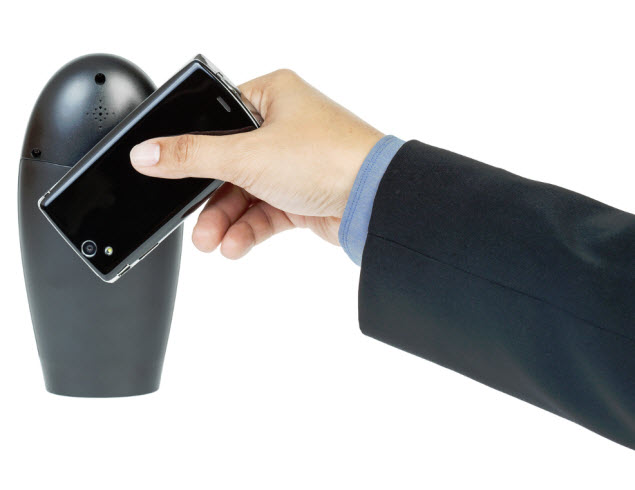Apple could finally embrace NFC technology in the near future
Investment firm Morgan Stanley believes that Apple will finally embrace NFC technology through a platform called “iWallet.” This is not the first such prediction to be made concerning Apple and NFC, but past forecasts regarding the pairing have failed to live up to reality. Apple has avoided NFC largely because of its concerns regarding the technology’s security and capabilities, but this avoidance mostly involved Apple’s use of NFC in mobile payments.
NFC has come under fire in recent years due to technical problems and security issues
NFC currently forms the backbone of most mobile payments services throughout the world. The technology allows for digital information to be transmitted over short distances, making an ideal commerce tool. The technology does, however, have some security issues that have been exposed through high profile attacks on mobile services that make use of NFC. These security issues have made many consumers leery of mobile payments and has even lead some large companies, such as Google, to remove NFC support from some of their leading mobile initiatives.
Apple may be growing fonder of NFC technology
 Apple’s wireless endeavors have largely focused on iBeacon, which debuted last year and represents a sort of combination of Wi-Fi and Bluetooth technology. Morgan Stanley predicts, however, that Apple is growing more confident in the abilities of NFC and the company could include the technology in future devices. As NFC sees more use, it is becoming more advanced and secure, making it more attractive to companies that have opted to take a cautious approach to the mobile payments space.
Apple’s wireless endeavors have largely focused on iBeacon, which debuted last year and represents a sort of combination of Wi-Fi and Bluetooth technology. Morgan Stanley predicts, however, that Apple is growing more confident in the abilities of NFC and the company could include the technology in future devices. As NFC sees more use, it is becoming more advanced and secure, making it more attractive to companies that have opted to take a cautious approach to the mobile payments space.
Apple would focus on security if it does choose to integrate NFC into future mobile devices
If Apple does embrace NFC technology, Morgan Stanley predicts that the company will focus on security. The company may choose to incorporate an NFC chip into future devices that works alongside a secure element that will store consumer financial information. The NFC chip would transmit this information when a payment is authorized by the device’s owner, using a fingerprint or other biometric information to authenticate the owner.

 Beyond the format war, other issue exist that continue to make mobile commerce a complicated matter. Large companies are beginning to muscle their way into the mobile scene, hoping to take advantage of the growing popularity of mobile payments. Companies like AT&T, Verizon Wireless, Google, and others have launched
Beyond the format war, other issue exist that continue to make mobile commerce a complicated matter. Large companies are beginning to muscle their way into the mobile scene, hoping to take advantage of the growing popularity of mobile payments. Companies like AT&T, Verizon Wireless, Google, and others have launched 